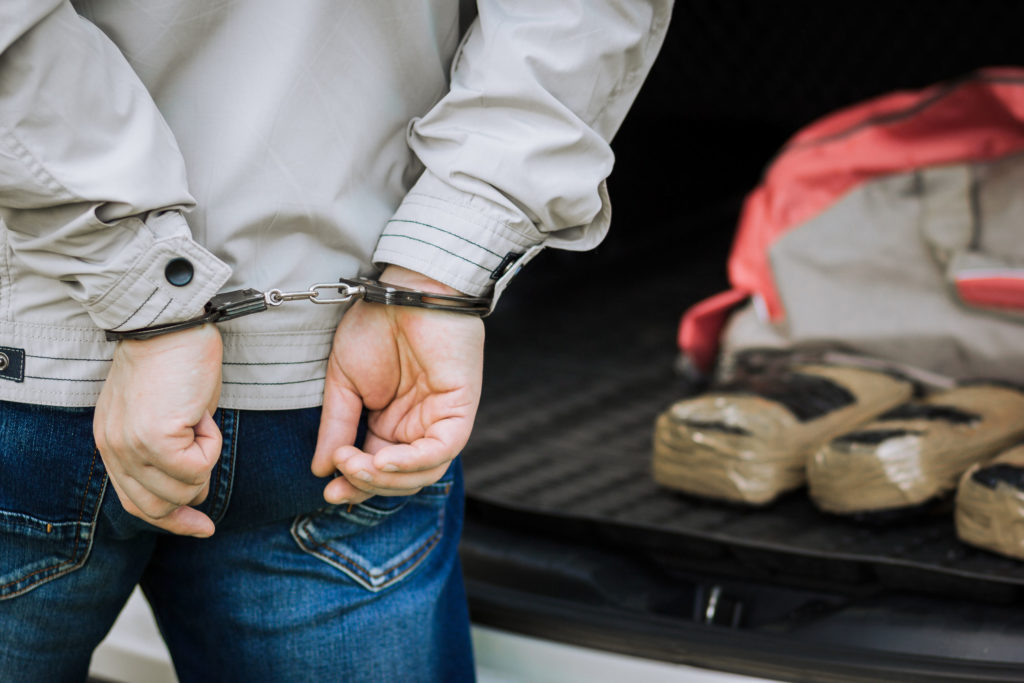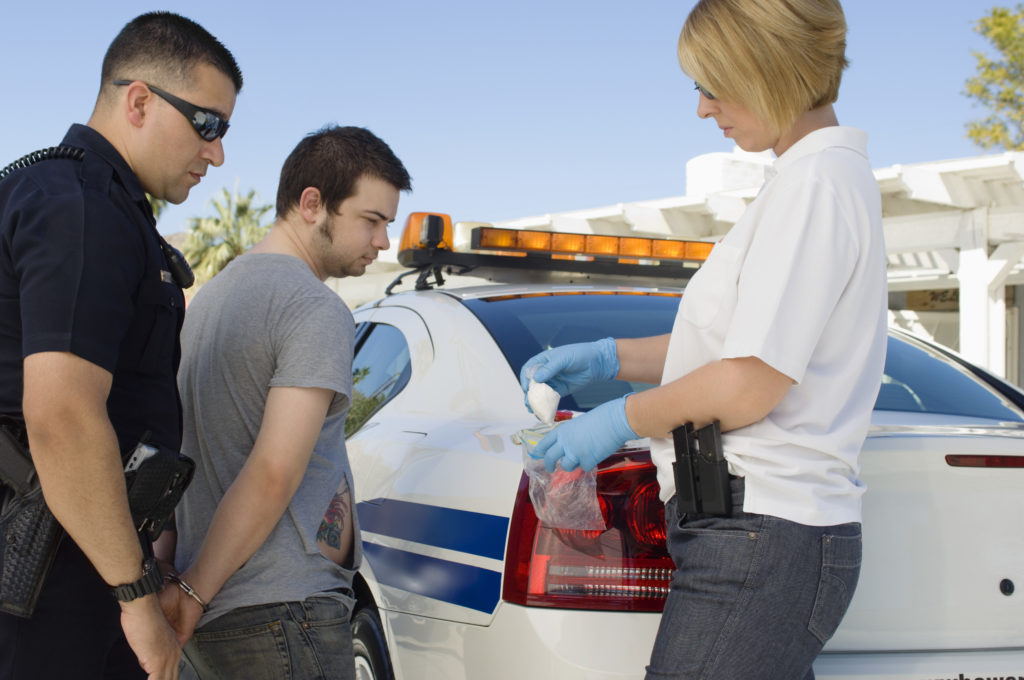
There are many different types of drug charges that you could find yourself facing in the state of Georgia if you are arrested. While some drug crimes are misdemeanors, other types of drug crimes in Georgia are far more serious and are considered felonies.
Regardless of what type of drug charge you or a loved one may be facing, you should know that the legal system in the state of Georgia takes these types of crimes very seriously.
If you are charged with a drug crime, you could find yourself facing stiff fines, a suspended license, or even jail time.

What You Need to Know
A variety of illegal drug activities are considered drug crimes and a violation of the Georgia Controlled Substances Act (VGCSA)
Although there are a few exceptions, for example, a small amount of marijuana, almost all controlled substance charges are classified as felonies.
There are five categories of drug charges in Georgia which include:
1. Distribution
2. Manufacturing
3. Possession
4. Purchasing
5. Selling
Drug trafficking is one of the most serious drug crimes that you can be charged with in the state of Georgia.
Drug trafficking involves any step that is involved in the manufacturing, transportation, or sale of an illegal substance, including methamphetamine, heroin, cocaine and marijuana. As you might imagine, it is considered a felony.
What Determines Whether a Drug is Illegal or Legal?
While some drugs like heroin or methamphetamine (meth for short) are illegal because of their highly addictive nature and because they are not manufactured legally, the legality of other types of drugs often depends on how or what the drug is being used for.
As an example, amphetamines are often taken by people who suffer from attention deficit disorder. When it is prescribed by their doctor and taken correctly as per the instructions of their prescription, the taking of the amphetamine is considered legal.
When this same amphetamine is taken by someone who is not under a doctor’s care and the drug is not prescribed to that person, however, its usage is then considered illegal.
This is because of the laws that lawmakers have put into place that regulate the usage, manufacturing, and selling of drugs. This helps to determine whether a drug is considered legal or illegal.
To further define this, Georgia classifies drugs as controlled substances and under Georgia Code, Title 16, Chapter 13 for Controlled Substances, places the drugs into “Schedules” that help to determine what type of classification a drug is.

Georgia Code, Title 16, Chapter 13. Controlled Substances
Schedule I: Drugs that have a high potential for abuse and have no accepted medical
usage. Include*: heroin, lysergic acid diethylamide (LSD), marijuana (cannabis), 3,4-methylenedioxymethamphetamine (ecstasy), methaqualone, and peyote.
Schedule II: Drugs with accepted medical uses under severe restriction, but have a high potential for abuse, as well as psychological or physical dependence. Include: Combination products with less than 15 milligrams of hydrocodone per dosage unit (Vicodin), cocaine, methamphetamine, methadone, hydromorphone (Dilaudid), meperidine (Demerol), oxycodone (OxyContin), fentanyl, Dexedrine, Adderall, and Ritalin.
Schedule III: Drugs that have an accepted medical use with a lower chance of abuse and typically have a low to moderate potential for psychological or physical dependence. Include: Products containing less than 90 milligrams of codeine per dosage unit (Tylenol with codeine), ketamine, anabolic steroids, and testosterone.
Schedule IV: Drugs that have an accepted medical use with a lower chance of abuse and typically have a limited potential for psychological or physical dependence. Include: Xanax, Soma, Darvon, Darvocet, Valium, Ativan, Talwin, Ambien, and Tramadol.
Schedule V: Drugs that have an accepted medical use with low potential for abuse and a limited potential for dependence. Include: cough preparations with less than 200 milligrams of codeine or per 100 milliliters (Robitussin AC), Lomotil, Motofen, Lyrica, and Parepectolin.
*(per the drug guidelines of the United States Drug Enforcement Agency (DEA)
Note: Although marijuana laws are changing across the country, Georgia still currently has penalties for drug crimes that involve marijuana. To find out more about these laws and the “Crimes and Offenses” information for O.C.G.A. § 16-13-31, which covers the state of Georgia’s current information for all drug penalties – please visit here.
Recently, we have seen an increase in people being charged with prescription medications, like Oxycodone, Fentanyl, and Adderall, not prescribed to them. For people who do not have prescriptions, the punishment for possessing Oxycodone or Adderall without a prescription is the same as the punishment for drugs like cocaine or methamphetamine.
Can a Cherokee County Criminal Defense Attorney Help You?
 Facing a drug charge is always a serious matter, but it is especially so in the state of Georgia. Prosecutors in our state are known for aggressively pursuing drug convictions and requesting steep prison sentences.
Facing a drug charge is always a serious matter, but it is especially so in the state of Georgia. Prosecutors in our state are known for aggressively pursuing drug convictions and requesting steep prison sentences.
If you are found guilty, you could find yourself not only facing large fines and a long prison sentence, but your conviction could also have life-long consequences that affect both your personal and professional life.
If you or a loved one are facing drug charges, you need an attorney with experience that can fight for you to help protect your future.
At Speights Law, we will examine your case thoroughly and then implement a strategy to help achieve a positive outcome for your case. Contact us today at (770) 479-1500 for a free consultation.
We’re here to fight by your side and are ready to help.









